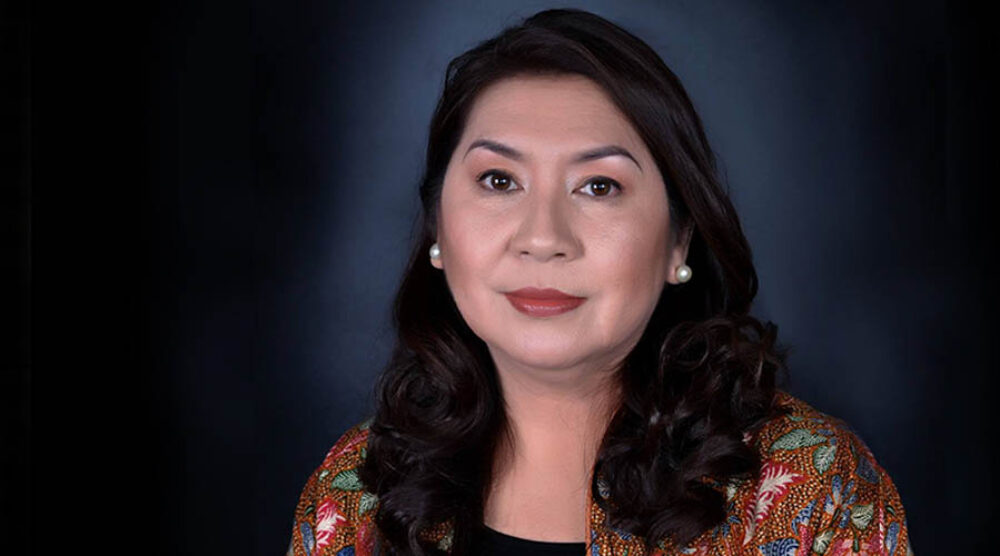One of the true privileges of my role at the Griffith Asia Institute is working with some of the most distinguished and impressive scholars across the Asia-Pacific region.
Professor Aileen San Pablo Baviera, political scientist and founding President of the Philippine thinktank Asia Pacific Pathways to Progress Foundation (APPFI), falls within these ranks. And so it was with immense sadness that we received the unexpected news of her passing due to Covid-19 related pneumonia over the weekend.
I knew Aileen as a scholar. As one of the region’s leading sinologists she was well respected and sought after for her views on China and its role in the region. I learned through our conversations that she had studied in China as an exchange student in the early 1980s—an experience that shaped her outlook and career in many ways.
As a result, Aileen brought a rare nuance and perspective—the kind that only comes from a deep understanding of place, people, culture and language—to our discussions on the region and China’s role in it. But her view wasn’t uncritical, and her approach was at times framed from a fiercely Philippine perspective. As she noted in an essay published just last year: “If one has to take a side, one must take the side of the Filipino people.”
Yet, it struck me that Aileen was not so interested in taking sides, but in understanding and engaging with the many perspectives that shape and balance our understanding of, and response to critical issues. And so it was that we came to work together. A mutual colleague introduced us just a few years ago, and we agreed to co-convene the Griffith Asia Institute’s emerging bilateral Australia-Philippines track 1.5 dialogue. The aim being to reinvigorate emphasis on our shared interests and challenges — drawing academics, policy-makers and practitioners from both nations together in strategic, policy-focused discussion.
We convened joint dialogues in Manila in 2018 and 2019. Of course, they weren’t the first such events. Griffith Asia Institute has been active in engaging Philippine counterparts in dialogue since 1997. But the recent dialogues are emblematic of a new era in the bilateral relationship. Aileen was critical to this, bringing her depth of expertise alongside thoughtful leadership and a remarkable convening power to our collaboration.
Just a few months ago we released a joint policy brief on the bilateral relationship developed by early career scholars Mark Manatan (APPFI) and Dr Lucy West (GAI). This was no small feat and the outcome reflects a genuinely collaborative approach. I am grateful to Aileen for her sharp and critical eye, and to her colleagues at APPFI for their willingness to collaborate in developing a product we might all claim a stake in. I hope it marks the beginning of a conversation that will inform Australian and Philippine approaches as the bilateral relationship continues to evolve.
Sadly Aileen is one of many recent and unexpected victims of coronavirus. Reading through the many tributes that have poured in through traditional and social media since news of her death, I am all the more humbled to have worked with her.
Aileen was a not only a scholar. She was a mother, partner, colleague and friend. She was a role model and mentor to many. Her reach was broad and her impact—in professional and personal spheres—significant. As one of the tributes to Aileen observes: “She was soft-spoken, kind, gentle, simple, fun-loving but strong-willed, has a brilliant mind, a person of principle, and most of all, an unsung hero of the Filipino people.”
On behalf of the Griffith Asia Institute, I extend our sincere condolences to Aileen’s family, friends, students and colleagues, especially those at APPFI. She will be missed. Vale.
Professor Caitlin Byrne, Director, Griffith Asia Institute








